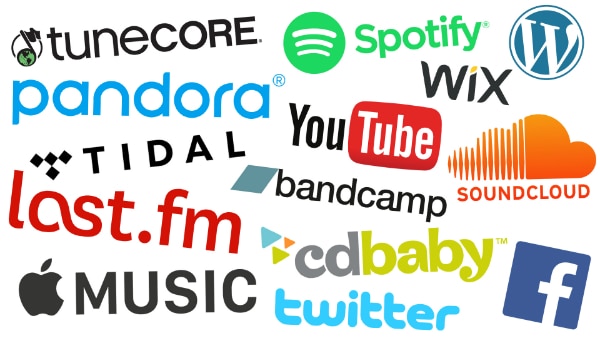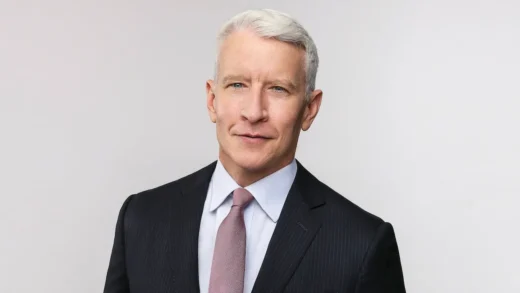SiriusXM, the digital radio platform with more than 36 million subscribers, announced on Monday that it plans to buy Pandora, which, with its nearly 75 million active listeners, remains one of the largest streaming music companies in the business.
The $3.5 billion deal would create what the company says will be the largest audio entertainment corporation in the world.
Liberty Media’s SiriusXM and Pandora are better off together, even if the pending acquisition doesn’t change its structural disadvantages when compared to rivals Spotify and Apple, a leading Wall Street analyst has suggested.
BTIG Research analyst Brandon Ross, who wrote two years ago that a SiriusXM-Pandora merger was inevitable, said on Tuesday that as streaming services continue to grow in popularity, and improve their viability in Sirius’ core area — the car — the company will need to “truly embrace digital” and, for starters, use Pandora as a subscriber funnel to its free trial ecosystem.
Ross notes, is that SiriusXM’s all-stock acquisition of Pandora means it holds an abundance of cash that could be used for more ROI generative investments, and that Live Nation (34% owned by Liberty) would make an ideal fit. “We believe Liberty President and CEO, Greg Maffei, desires to not only collapse the [SiriusXM] share structure and take control of [SiriusXM]’s cash flow but also to combine Sirius and Live Nation into a single music distribution company. We believe a Sirius/LN deal will come sooner rather than later.”
Unlike its competitors, Pandora operates primarily by sending songs to listeners based on suggestions generated from an algorithm, rather than letting users pick individual songs. In one way or another, all three platforms do a lot of recommending to their listeners, which inevitably invites scrutiny of how they do it. Pandora’s particularly opaque style of curation gives it even more leeway to potentially guide listeners to the songs that are most advantageous to the platform due to its deals with music publishers. Spotify and Apple Music are also able to offer preferential treatment to certain songs and artists thorough playlists and their radio stations, though the gatekeeping isn’t as severe. Still, as music listening further consolidates within the walled gardens of these services, the ways these companies chose to leverage their audiences will continue to help shape which artists are able to succeed in the music and radio business.

Music streaming platforms are increasingly flexing their power in ways that could become alarming down the road. Last week, Spotify unveiled a new feature that allows artists to upload their music directly to Spotify and access Spotify’s 83 million paid subscribers, for free, in the vein of SoundCloud. At the moment, the feature is only available to “few hundred U.S.-based independent artists,” but plans to expand beyond that are imminent. While Spotify opening its platform for artist uploads is certainly a boon for musicians looking to gain a larger audience, it’s also a way for Spotify to bypass labels or other music aggregators and potentially pay artists less for the music they provide. Right now, getting on Spotify typically requires deal-making via a label or via the help of an aggregator service, like CD Baby or TuneCore, which represent various catalogs of musicians and negotiates with music streaming services on their behalf.
Does a hybrid Sirius-Pandora augur the kind of industry consolidation artists should fear—or could it lead to a healthier market if it is able to rival Apple Music and Spotify? “The music industry as a whole has become deeply dependent on revenues from Spotify and Apple Music,” said David Lowery, a music business lecturer at Georgia University (and founder of the bands Camper Van Beethoven and Cracker). “The financial stabilization of Pandora as a third streaming option is probably positive to artists.”
Yet there are reasons the merger should not comfort working artists, either. Liberty Media, the holding company that owns Sirius XM, is also a major shareholder in Live Nation, which merged with Ticketmaster in 2010. Greg Maffei, the CEO of Liberty Media, is currently the chairman of Pandora, Sirius XM, and Live Nation Entertainment. The deal “effectively brings these three companies together,” Lowery said. “This could be anti-competitive in the concert industry—or not. For instance, my bands enjoy significant SiriusXM play. Cross-promotion could enhance revenues of many midtier artists. But honestly that’s an unknown.”
(Excerpts) Read More at: Billboard.com and Slate.com




